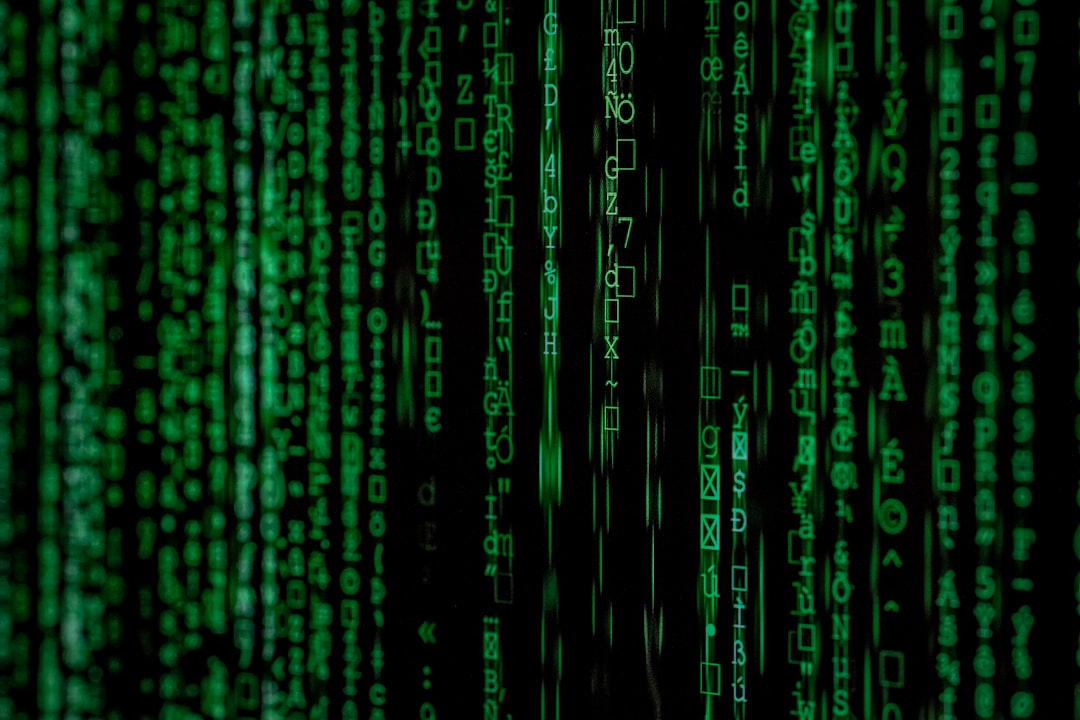The Internet Is Pornographically-Shaped
The power to call into existence every fantasy is inherent in our machines.
In his book You Are Not Your Own: Belonging to God in an Inhuman World, Alan Noble makes the point that internet pornography gives the user an astonishing amount of felt power and significance. Because almost any scenario or flavor or subject of porn is attainable online, the addicted user becomes accustomed to the idea that whatever he can imagine shou…
Keep reading with a 7-day free trial
Subscribe to Digital Liturgies to keep reading this post and get 7 days of free access to the full post archives.



